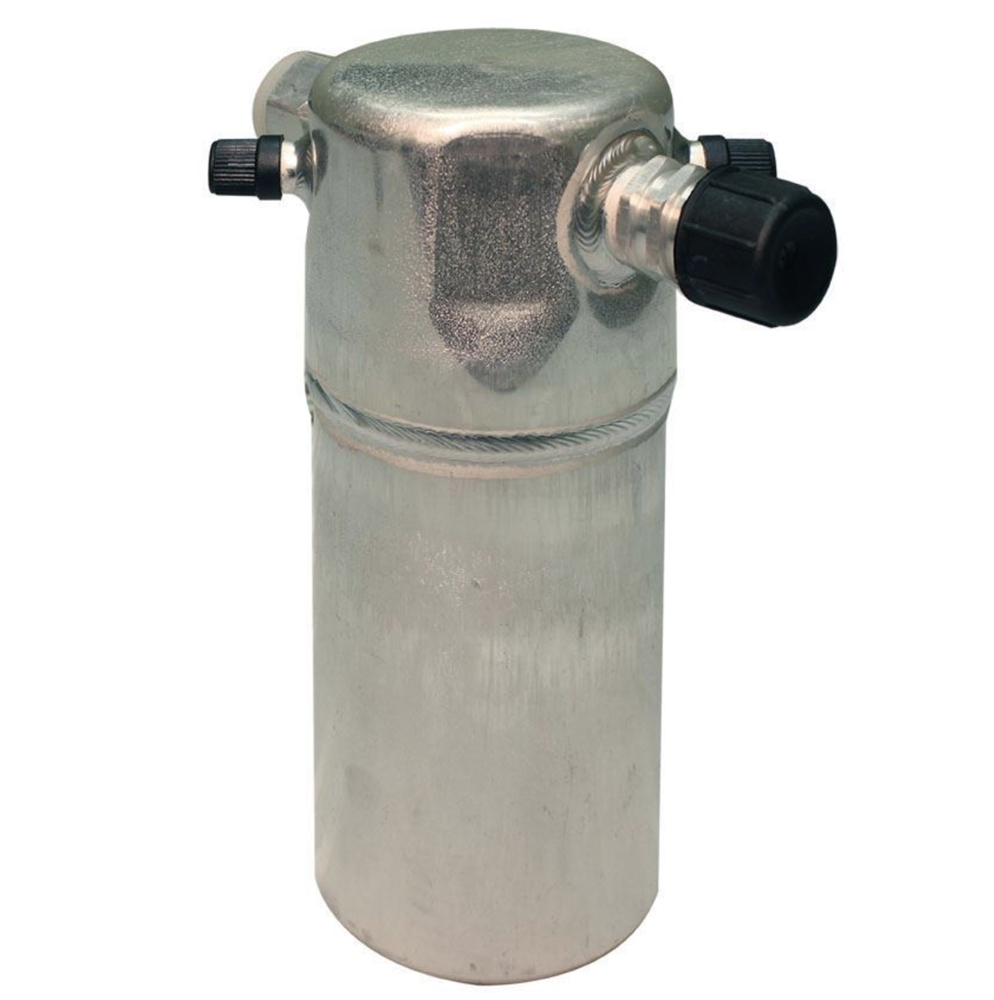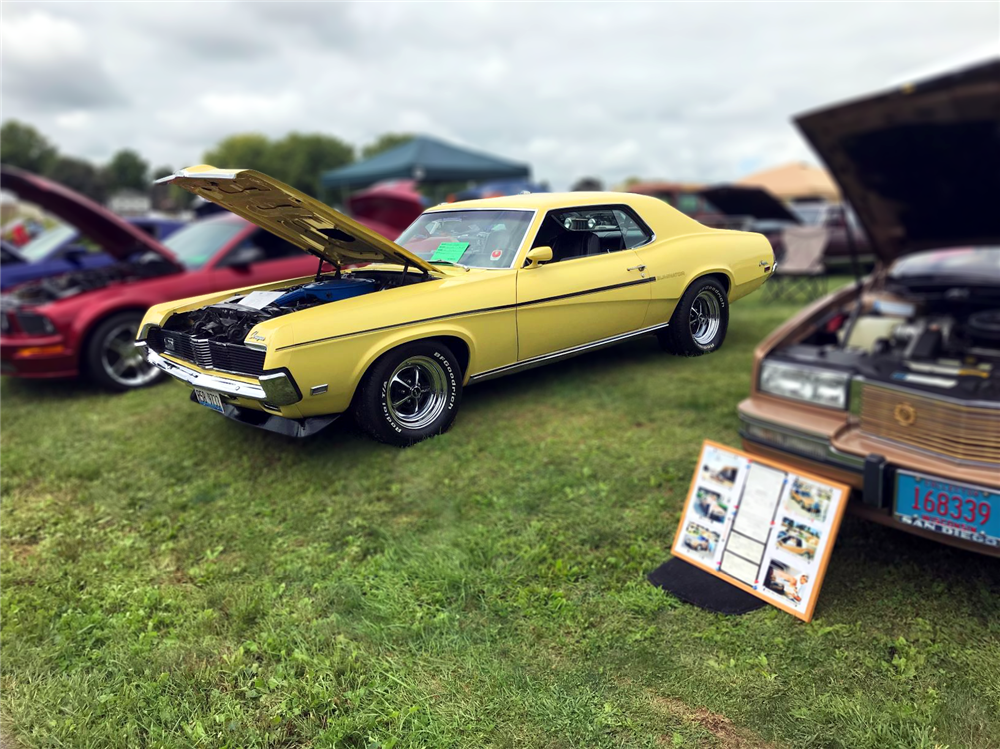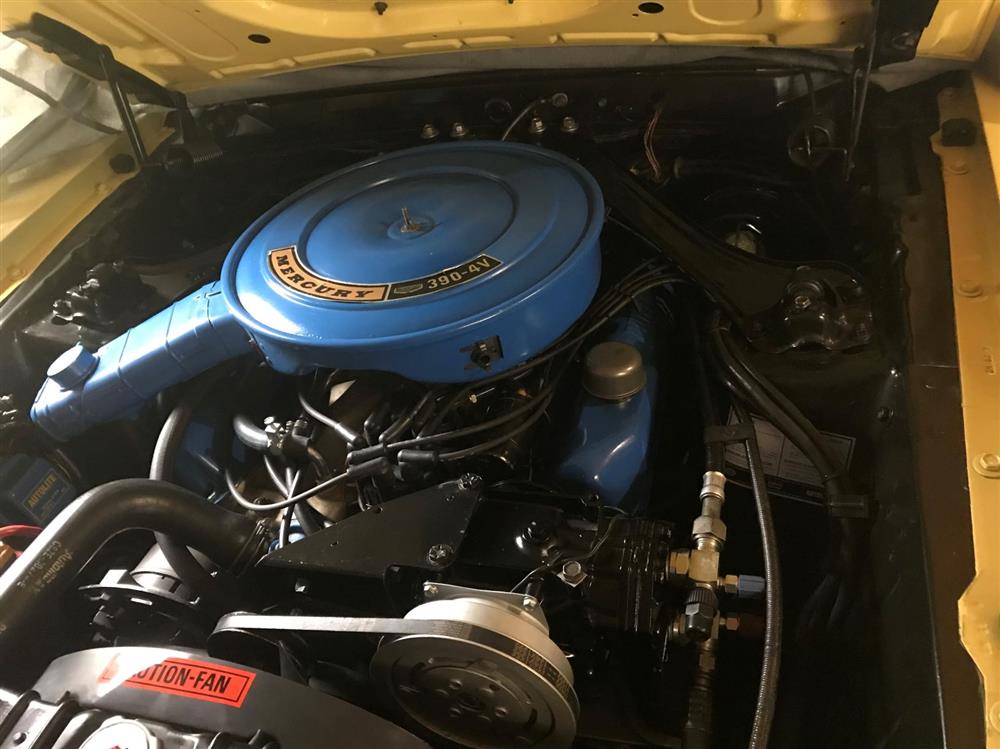One of the most common causes of failure and continued failure in your car’s air-conditioning system is an internal contaminant. Once an air-conditioning system is contaminated, it spreads throughout the air-conditioning system via the lubricant that is designed to protect the compressor, contaminating the lubricant and causing premature component failure.
The contaminant can be a combination of old and/or new oil, grease, rust and corrosion that can accumulate in the a/c system, typically due to years of improper servicing. While there are many causes of contamination in an automotive a/c system, the most common source is neglecting to replace the filter-drier (or accumulator) each and every time the system is open to the atmosphere or properly flushing a system after a compressor failure.

WHAT HAPPENS IF I DON’T CHANGE MY FILTER-DRIER OR ACCUMULATOR?
The filter-drier has two main functions:
The first is to remove moisture from the inside of the system. Desiccant within the filter-drier (or accumulator) is designed as a one-time moisture removal tool. The system must remain moisture-free, as moisture combined with refrigerant and lubricant will ultimately turn acidic and slowly start eating up the system from the inside. The result of this is a contaminant that blends in with oil and circulates through the system.
Next, the second is to filter out larger contaminants. Like the desiccant bag, the filter is a one-time filter of larger debris within the air-conditioning system. In a properly maintained system, there is little to filter, but components wear over the years, and the filter helps to prevent debris from circulating throughout the system. Filters can ultimately become saturated and clogged with debris, causing a blockage and commonly, compressor failure.
WHAT HAPPENS IF I DON’T PROPERLY FLUSH THROUGH MY A/C SYSTEM?
Many people, mechanics included, assume that simply changing a failed component and the filter-drier is all that’s necessary to solve their problem. That could not be further from the truth.
Installing a new filter-drier without cleaning out the rest of the system is like changing your car’s oil filter without changing the oil. Your car’s air-conditioning will be right back where it started, and your newly installed parts will also be contaminated, warranty voided. Dirty oil can still seep through the filter-drier and continue to circulate through the system, coating and recoating the internals of hoses, condensers, evaporators and valves. (Those of you that have worked on old plumbing can get a clear picture.) Next stop, clogged expansion valve and/or filter-drier, seized compressor, etc. Rinse and repeat.
HOW DO I KNOW IF MY CAR’S A/C IS CONTAMINATED?
If you’ve had a major compressor failure, such as a seized compressor, then you can rest assured that your system is contaminated. Another common assumption of a contaminated system can be made if a system has been consistently “topped off” due to a leak. Outside of that, the first step is to see if you can get anything out of any component that’s being replaced.

For example, if your compressor was leaking and it’s being replaced, drain the oil. If it’s transparent clear or yellow, with nothing floating around in it, there’s a good chance the rest of the system is in about the same condition. The odds are adding back the same amount of oil you removed from the system, changing your filter-drier (or accumulator, if so equipped), evacuating and recharging the system will get you back up and running.
If the oil removed is dark in color or has anything floating in it, you can rest assured the system is going to require a liquid flush. This cannot be done with the system fully assembled. Instead, this should be done with each part individually to ensure that not only the contaminant but the flushing agent is fully flushed out of the system. Once completed, replace any o-rings, add a full charge of oil, replace the filter-drier (or accumulator, if so equipped), evacuate, recharge the system and you should be cool again!






